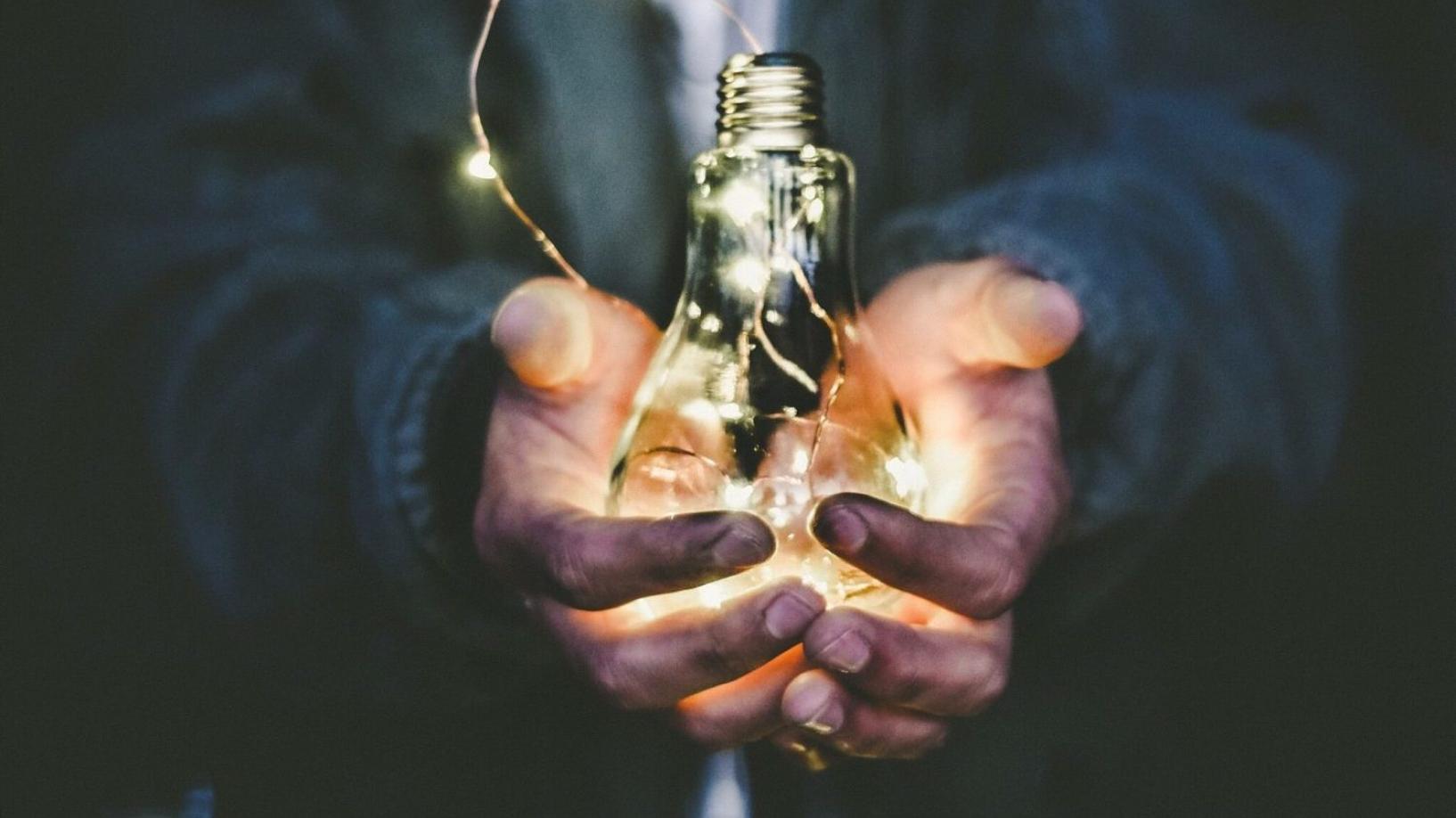From the CEO
I was fortunate enough, along with representatives from other market institutions, to be in the room observing recently as Energy Ministers from across Australia met to discuss the future of our energy system.
Much has been made of the new spirit of cooperation and action we are seeing and I certainly second that.
The best thing about the meeting was not what it delivered (though there were some good things) but what it makes possible.
In our recent discussions with various political leaders, we’ve been at pains to stress that the challenges ahead are human challenges not just system ones. At a time when energy is increasingly unaffordable, reliability concerns abound and consumer trust has fallen, it was important that ministers started their work by recognising what this moment looks like for consumers. We were pleased to see them do that.
Australia is just starting out on a new era of energy policy creation but it’s also true that we are pretty late in the game when it comes to what needs to happen. We don’t yet have in place the full range of thinking and action we’ll need to ensure a transition that delivers affordable, reliable and clean energy for all.
But we do have a group of decision makers with shared intent and a willingness to listen. And we have a national partnership agreement that represents a pathway to progress on the important work that lies ahead.
The national conversation around energy is only just beginning to seriously include the demand side. There’s a slow-dawning realisation that we can’t build our way to the future by only piling on more generation, more transmission, more distribution and more consumption.
Our message has been clear: Just because energy prices are rising and will be for some time, consumer bills don’t have to. Consumers want action on bills and improving the energy efficiency of Australian homes, businesses, cities and lives is the best way to deliver it.
We see our role in coming months as helping Ministers ensure that the partnership they’ve forged and unveiled is optimised to deliver the change consumers want.
Billions of dollars, as well as significant time and effort, are being invested in building out our energy system to make it ready for 100% renewable electricity. That’s important and it needs to happen. But if we also invested even a fraction of that money and effort into the human, demand-side, aspects of the transition we’d be much better placed to deliver what consumers repeatedly tell us they want: affordable, reliable and clean energy for all.
The changes we need are large and complex, on a national scale. That’s why the recently-unveiled partnership can be so important. We are talking about changing the way Australians live, work and travel. In some ways changing the way they think and feel. There are opportunities here for consumers but there are risks, fears and new limitations too. Australians need information, support and clarity – the confidence that comes from knowing there is a well-communicated plan behind the changes that lie ahead and a roadmap for what they can expect.
Such change can best be driven by our elected representatives. Without getting too lofty about it, that’s the whole point of our democracy – that big changes in the lives of Australians should be overseen by the people they choose to represent them.
What we saw on August 12 was Energy Ministers sending a clear message that they will be assuming responsibility for driving the energy transition, ably supported by the market bodies and departmental officials who we see doing important work in this space every day.
Consumers are going to be asked to do a lot. ‘Electrify everything’ is the popular catch-cry but in truth the challenge is more like ‘electrify everyone’. When you put it that way it’s easy to see the potential for consumers to experience a sense of shock.
It’s almost certain we’ll be asking Australians to replace their appliances (including their cars), to shift some of their energy use to different times of day, to consider sharing resources they consider to be their own and to make other potentially-significant changes to their way of life.
To do that they’ll need economic incentives and subsidies. They’ll need somebody they trust to effectively and repeatedly explain what needs to happen and why and how. They’ll need to feel like making these changes is desirable, achievable and the right thing to do. And that’s just those who are in a position to be able to change. Others, such as renters, people who live in apartments or those without financial means will need those barriers removed before their willingness to participate can even be a factor.
This represents a massive exercise in behaviour change and systems change. It is change that takes place at the level of individual people, families and households, and small businesses. That’s where we need to concentrate more of our resources.
We shouldn’t get discouraged by the size of the challenge; it’s time to be excited by the size of the opportunity. There are plenty of concrete, achievable things we can start doing very soon. We’re really looking forward to being part of the discussion.
Lynne Gallagher
Chief Executive Officer

